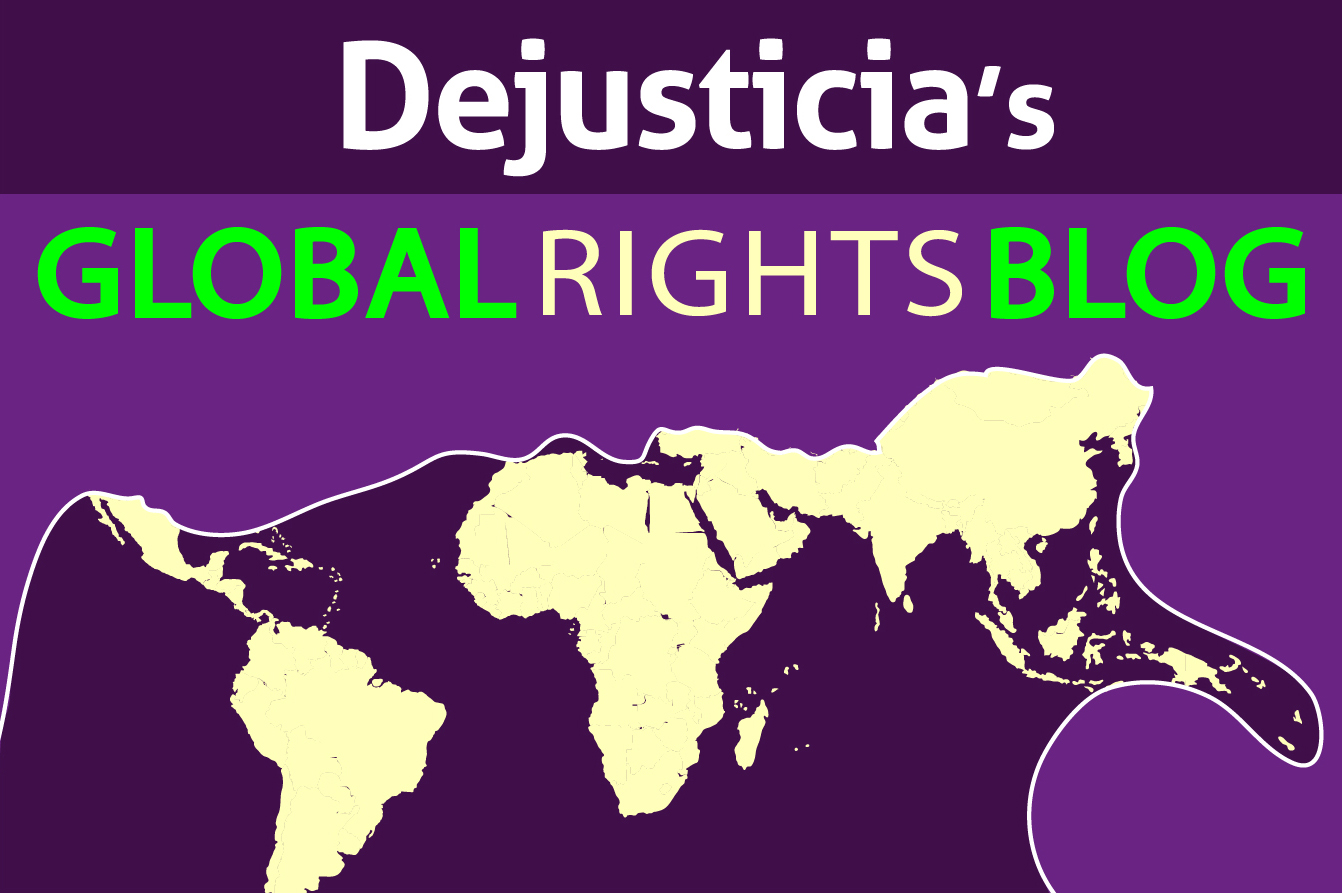Internationalizing human rights organizations - why, how, and at what cost?
 Human rights organizations, networks and movements are expanding, broadening, and internationalizing. Groups based in the global north are trying to sink southern roots, while groups based in the south are trying to become more cross regional and global. Donors, such as Ford Foundation and the Open Society Foundations, are supporting these changes. In this debate we explore why, how, and at what cost internationalization is taking place in the global human rights community.
Human rights organizations, networks and movements are expanding, broadening, and internationalizing. Groups based in the global north are trying to sink southern roots, while groups based in the south are trying to become more cross regional and global. Donors, such as Ford Foundation and the Open Society Foundations, are supporting these changes. In this debate we explore why, how, and at what cost internationalization is taking place in the global human rights community.

Less money, more risk: the struggle for change in women’s rights

The realpolitik of rights and democracy

Internationalisation: lessons from the women’s movement

Are humanitarian aid and professional ambition mutually exclusive?

Do African rights groups have the "how" to internationalise?

Towards a multipolar civil society

When internationalization causes more harm than good

One-way street: can internationalization ever be South-North?

How does professionalization impact international human rights organizations?

Decentralizing can make global human rights groups stronger

A Geneva Spring? Why civil society needs North-South solidarity

Internationalization is about more than just advocacy

Playing both ends against the middle

Internationalizing human rights NGOs is not a zero-sum game

New trend, old roots: “internationalization” in Amnesty’s history

Transnational rights violations call for new forms of cooperation

Human rights diversity goes beyond North-South relations

A time for change? The future of INGOs in international human rights

Don’t ditch the “local” when scrambling to “go global”

Long before “internationalization”: Human Rights Watch and local collaborations in Russia

Home and abroad: balancing Brazil’s human rights commitments

How do we solve structural inequality in global networks?

Multiple boomerangs: new models of global human rights advocacy

Coming together, or falling apart?

Moving Amnesty closer to the ground is necessary, not simple

Convergence towards the global middle: an emerging architecture for the international human rights movement

To truly internationalize human rights, funding must make sense
Do western donors want to “internationalize” the human rights movement, or do they want to retain control while including a few token Africans? It’s time for long-term and sustainable funding that makes sense. Español, Français, العربية
- 1 of 4
- ››







 Focusing on the practicalities of internationalization neglects a vital and thorny question: is going global really in the interests of all rights groups? A contribution to the
Focusing on the practicalities of internationalization neglects a vital and thorny question: is going global really in the interests of all rights groups? A contribution to the 



























